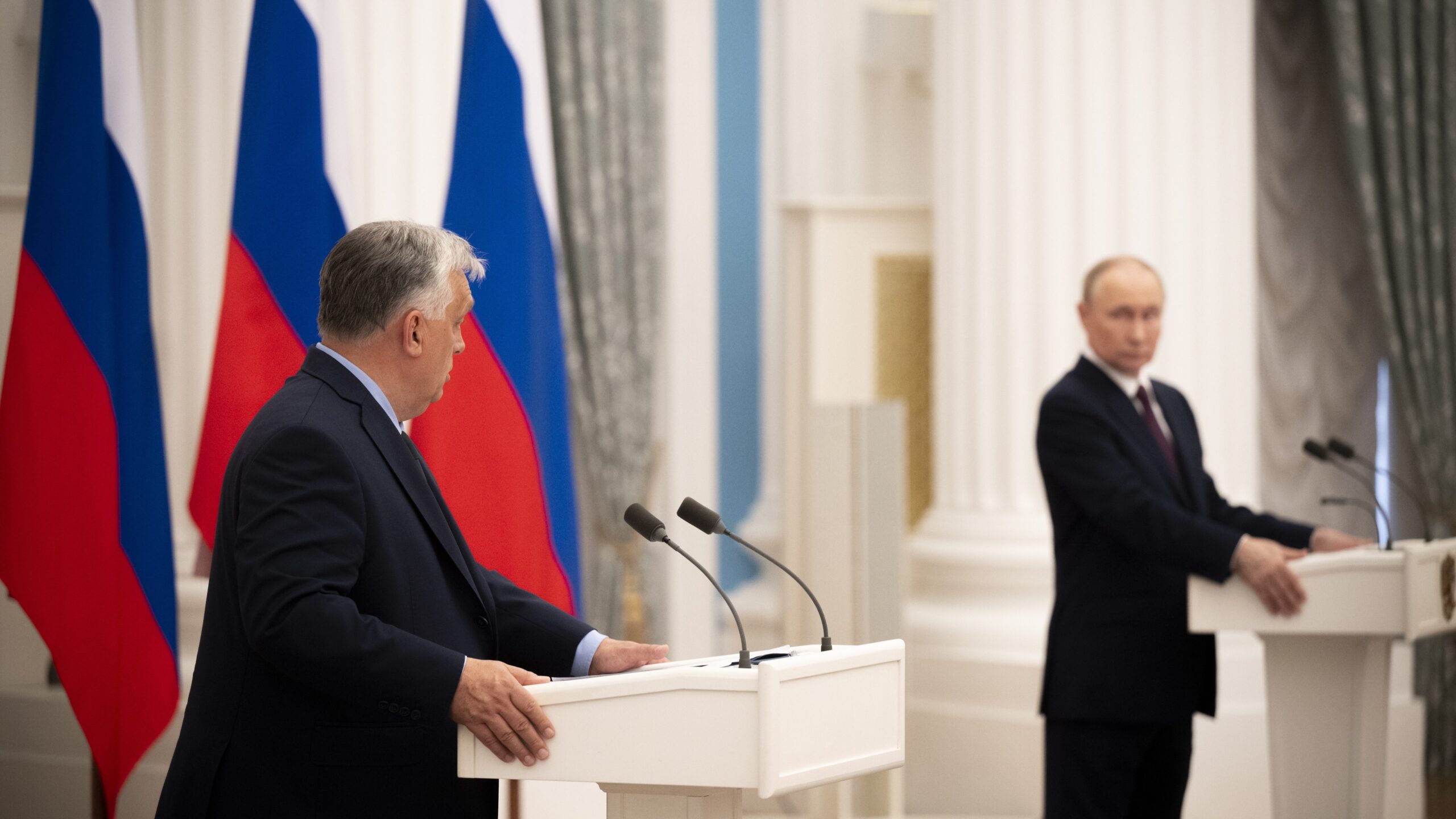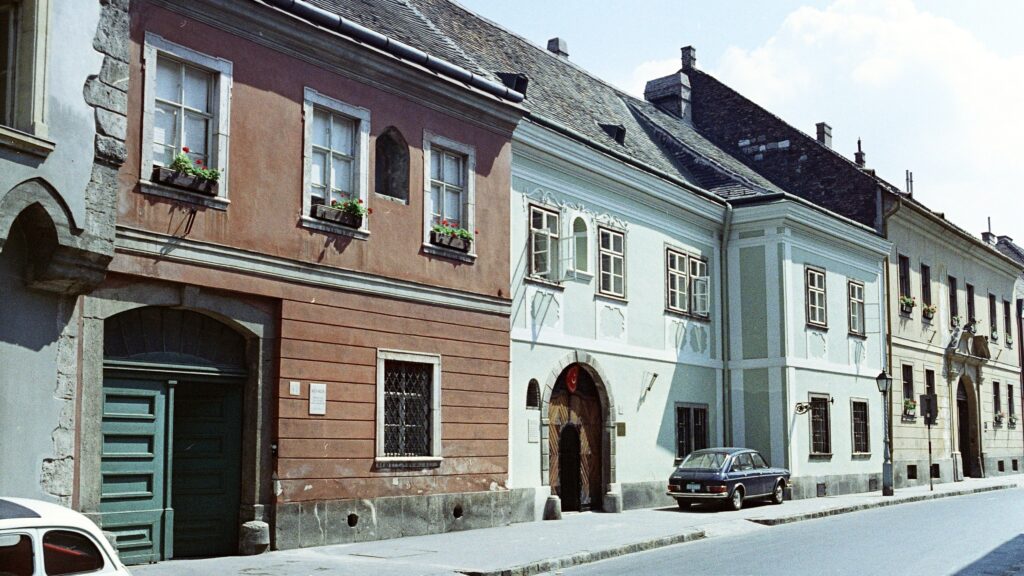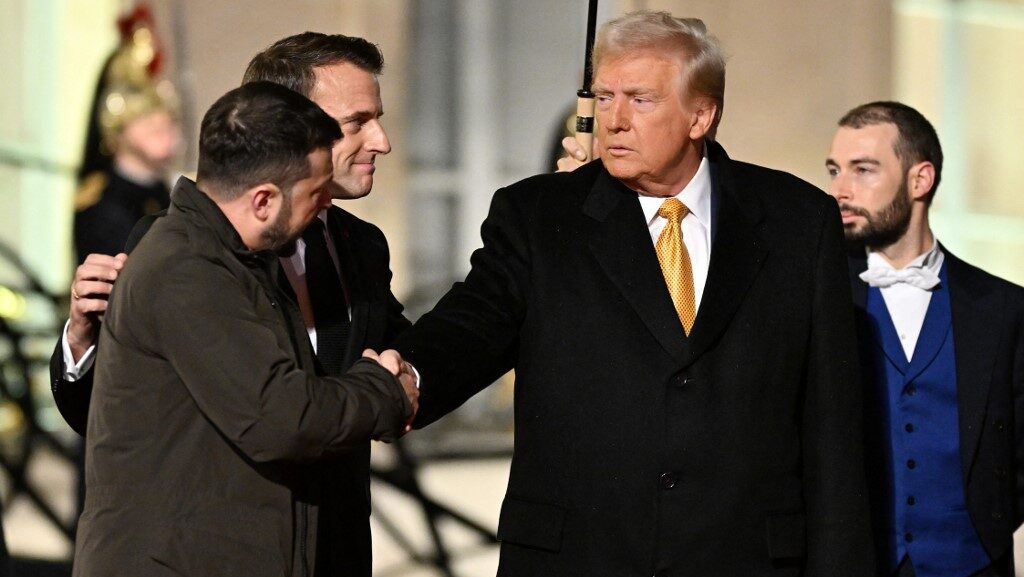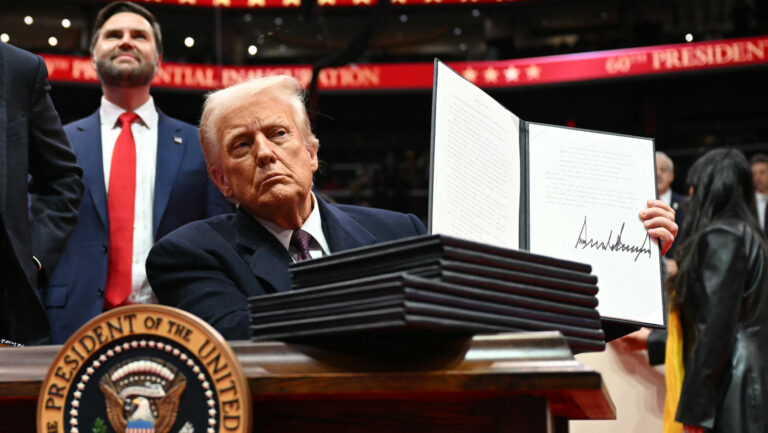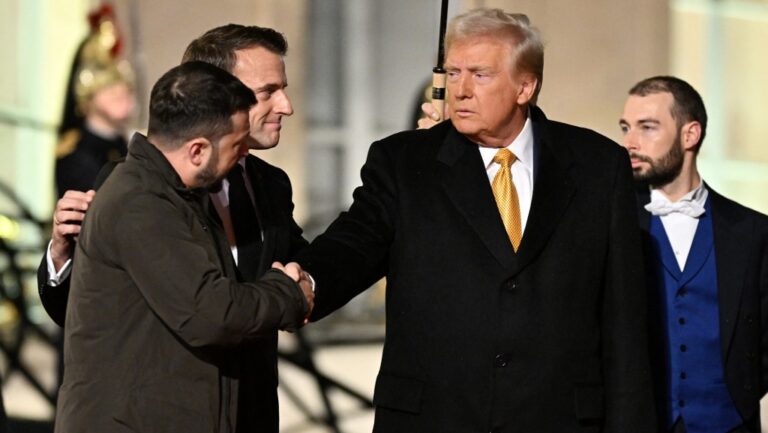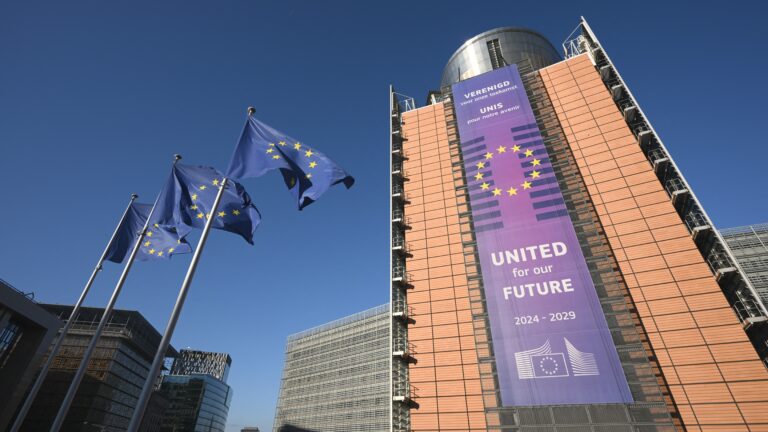The Geopolitical Context of Orbán’s Rapprochement with Putin
In November 2009, Viktor Orbán travelled to St Petersburg to meet Vladimir Putin for a 15-minute conversation. For many of Orbán’s opponents, the meeting is still shrouded in a kind of mystical significance, as if the previously staunchly anti-Russian Hungarian political leader had suddenly and inexplicably undergone a Pauline conversion, and since then has been drifting ever closer to the Kremlin. On the contrary, the change in the Hungarian right-wing leader’s foreign policy perspective was not the result of a 15-minute conversation with Putin, but of international developments over the previous 15 months. The roots of the change in Orbán’s outlook should be sought not in Moscow or St Petersburg, but in the capitals of Hungary’s Western allies.
Lessons from the First Orbán Government
2009 was not the first time that Viktor Orbán had to learn that uncritical compliance with Western, and especially American, wishes can come at a high cost for Hungary. In this context, an episode from his first term as prime minister between 1998 and 2002 stands out. During NATO’s 1999 war against Yugoslavia, when the Western alliance’s air campaign didn’t bring about Milosevic’s brief capitulation, Washington began to consider the option of a NATO ground invasion from Hungary, a country that had officially become a full NATO member only a week before the war began. Orbán refused because it was clear that allowing an attack from Hungary would drag the country into a direct war with Yugoslavia, threaten the safety of the Hungarian minority in northern Serbia, and severely damage Hungarian–Serbian relations for decades to come. Fortunately, the ground war never took place, but the episode left an important mark on Viktor Orbán’s perceptions.
Another, perhaps even less analysed experience was the Bush administration’s response to 9/11. Although the Orbán government was among the first to invoke NATO’s Article Five on 12 September 2001, it was clear early on that, from the American perspective, ‘the mission will define the coalition, not the alliance’. This meant that European security interests would not be properly taken into account in the ‘war on terror’, as the disastrous consequences of the Iraq war later showed. The Hungarian conservative side never really supported the ‘democracy export’ agenda, seeing it as American hubris rather than good intentions.
The Lessons of 2008: The Russian–Georgian War and the Financial Crisis
Fast forward to 2008, and beyond the war in Iraq, Putin’s infamous Munich speech in 2007, and the Bush administration’s decision that same year to deploy a new missile defence system in Poland and the Czech Republic, NATO’s Bucharest Summit put the future membership of Ukraine and Georgia on the agenda. Under pressure from the Bush administration, the allies’ final summit declaration included the prospect of Ukraine and Georgia one day becoming NATO members, but the Franco–German tandem managed to avoid setting a concrete timetable for this.
From the Kremlin’s point of view, however, the West had already gone too far, with Russia repeatedly making clear that Ukrainian NATO membership was a red line. Tensions between Russia and Georgia over the status of Abkhazia and South Ossetia continued to escalate throughout 2008, and following some bold military moves by Georgian President Mikheil Saakashvili, Russian troops entered Georgian territory in early August 2008. However, the West did little to force Moscow to back down and de facto recognized the new status quo in the Caucasus, signalling that its geopolitical priorities lay elsewhere.
Weeks after the outbreak of war in Georgia, the collapse of Lehman Brothers sparked panic in US capital markets, which quickly turned into a global financial crisis. Confidence in the strength of the US economy was shaken, and Washington was unable to stabilize the international financial system on its own or with its close allies. The only solution was the creation of the G20, which included the emerging powers of the global South. Faith in the ‘Washington consensus’ waned, while China’s global power received a huge boost.
The Lessons of the Obama ‘Reset’ with Russia
At the same time, Barack Obama was elected President of the United States. The new Obama administration announced a ‘reset‘ with Moscow in March 2009 and then, without any prior consultation, abruptly terminated the Bush administration’s Anti-Ballistic Missile Treaty with Poland and the Czech Republic on 17 September 2009, the anniversary of the signing of the 1939 Molotov–Ribbentrop Pact. Perhaps not unrelatedly, Putin visited Poland in the autumn of 2009, where he spoke with unusual frankness about the Polish victims of the Stalinist autocracy’s 1939 Katyn massacre, and the following months saw an unthinkable rapprochement between Warsaw and Moscow.
By then, Germany had been working non-stop for years on the construction of the first North Stream pipeline. Meanwhile, despite years of effort, the construction of a new pipeline—Nabucco—, which would have made Central Europe, including Hungary, more energy independent of Russia, seemed to have reached a dead end, not least because of the disinterest or objections of certain major Western powers. In addition, Hungary and Central Europe were threatened in early 2009 with the third gas supply cut in three years as a result of the ‘gas war’ between Russia and Ukraine.
Taking all these developments together, it is no wonder that the Hungarian opposition leader began to recalibrate his foreign policy calculations. Given the loss of security and economic credibility of the Western powers in 2008–2009 from a Central European perspective, and the serious economic and energy security challenges Hungary was facing at the time, it was an understandable and legitimate step to begin building pragmatic relations with Moscow 15 years ago and to set the stage for an eastward opening, a policy that was not meant to cut Hungary off from the West, but simply to join the competition for Eastern markets and investments alongside many of Hungary’s Western partners.
Read the first part:

